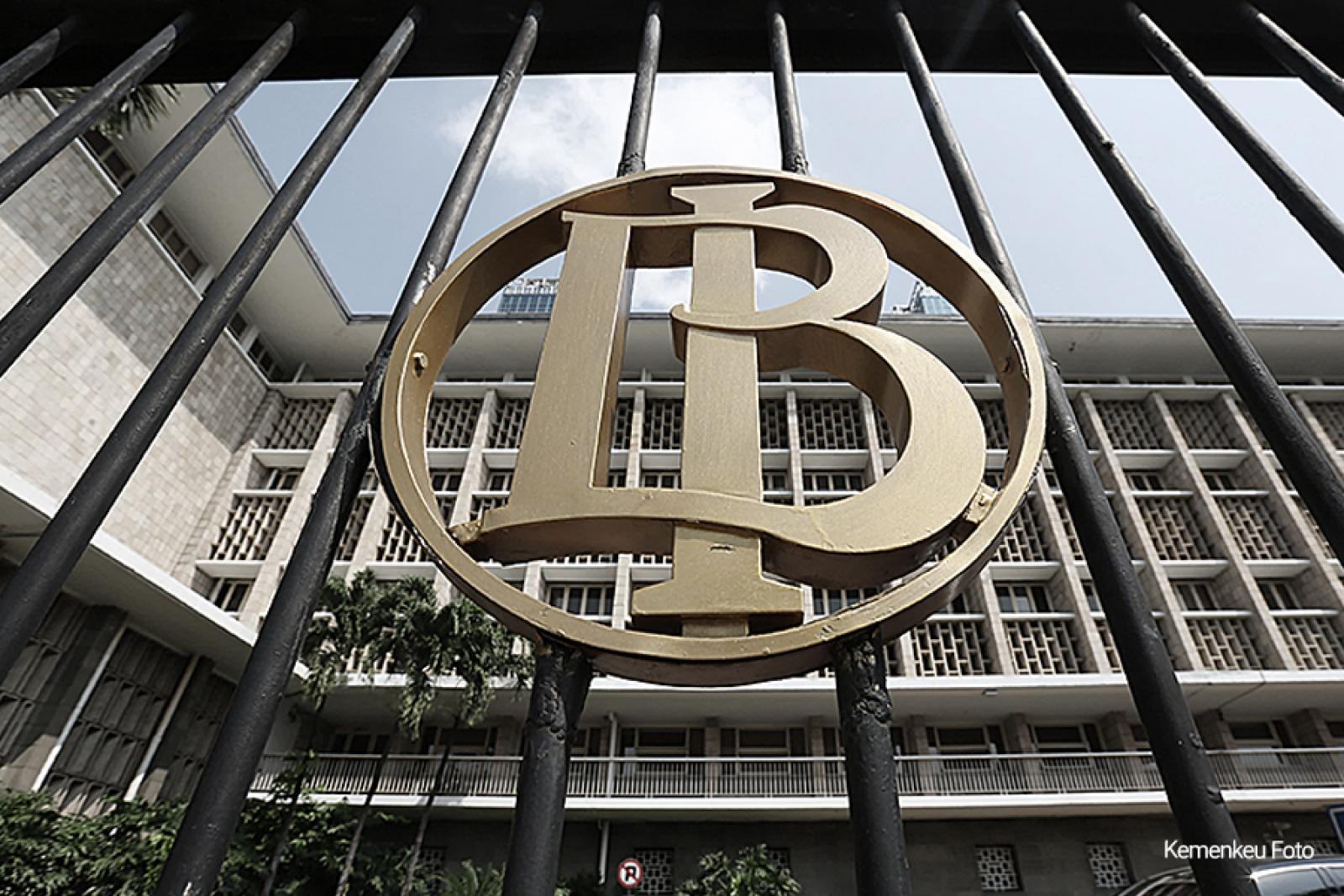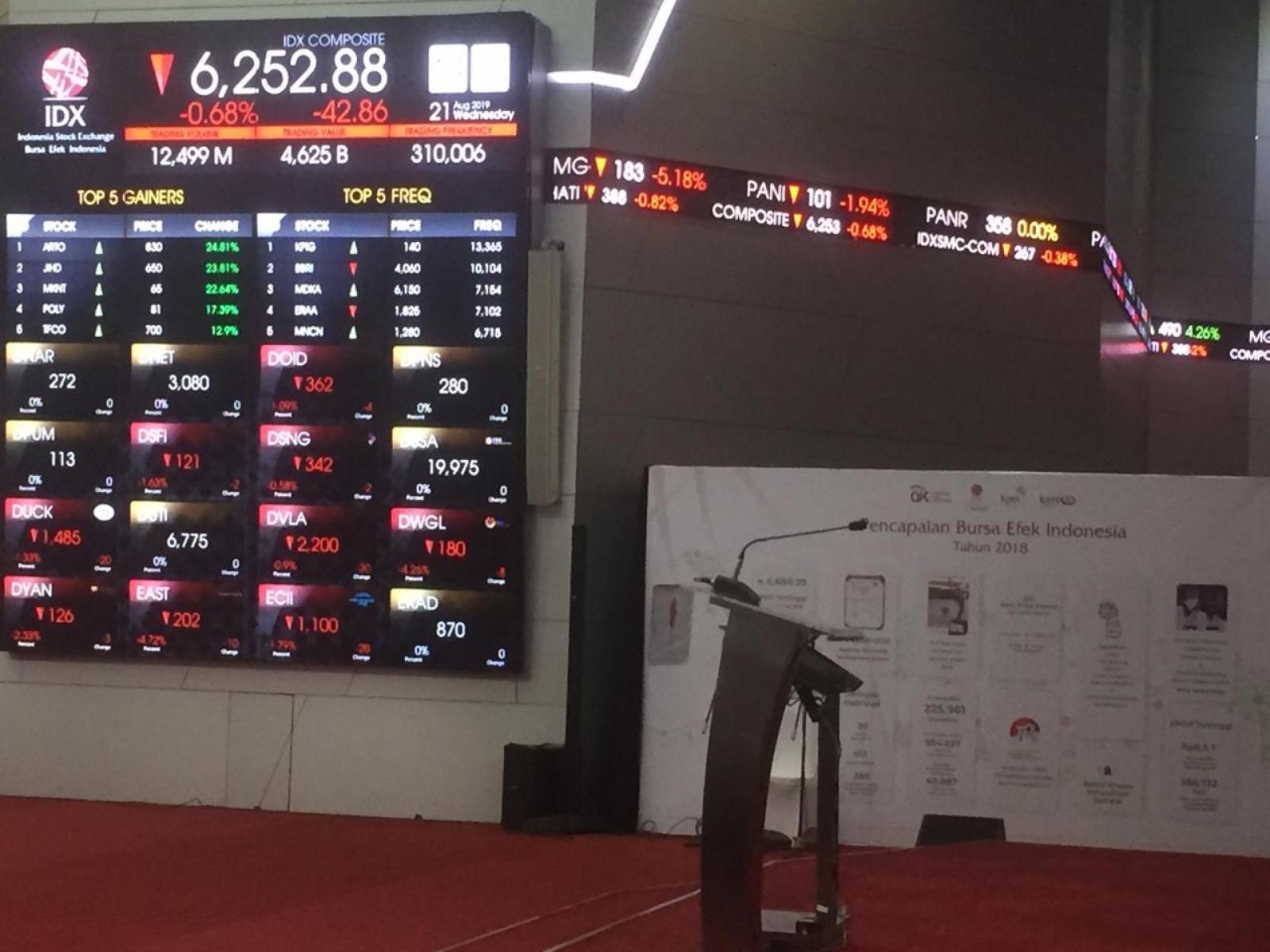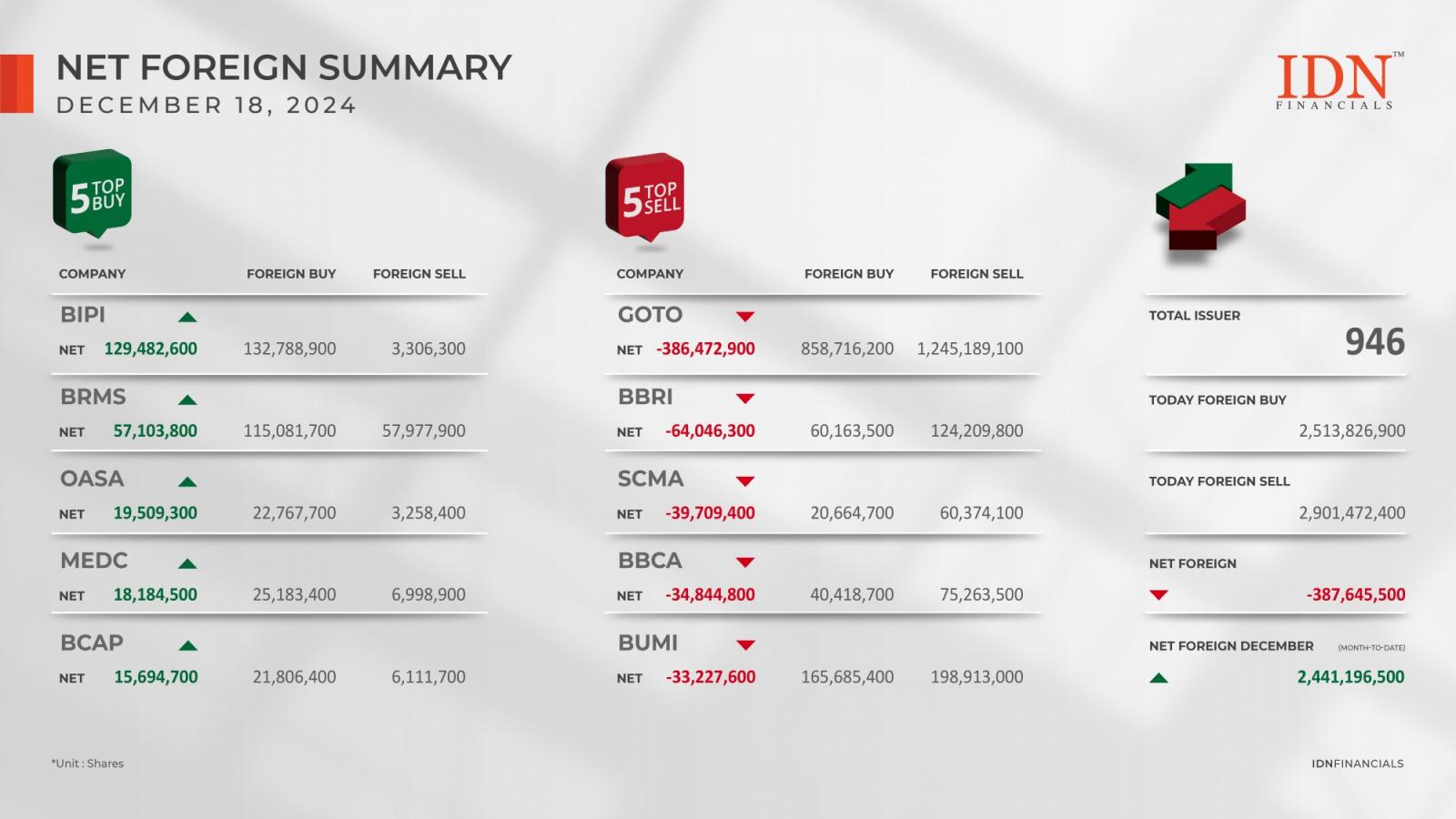By David Shepardson
WASHINGTON (Reuters) - The Federal Communications Commission said Thursday it is investigating if the use of Russian and Chinese foreign satellite systems by U.S. mobile phones and other devices poses security threats.
The FCC has concerns U.S. handheld devices are receiving and processing Global Navigation Satellite System (GNSS) signals from satellites controlled by foreign adversaries in violation of commission rules.
The FCC is seeking answers from handset manufacturers Apple (NASDAQ:AAPL), Google (NASDAQ:GOOGL), Motorola (NYSE:MSI), Nokia (HE:NOKIA), Samsung (KS:005930) and others that collectively cover over 90% of the U.S. smartphone marketplace.
The companies did not immediately respond to requests for comment.
\"There is no established record of what security threats, if any, these signals carry and whether the manufacturers of handheld devices are processing these signals in violation of the Commission’s rules,\" a FCC spokesperson said.
Representative Mike Gallagher, chair of the House Select China Committee, wrote FCC Chair Jessica Rosenworcel earlier this week raising concern about reports that U.S. cell phones were receiving and processing signals from Chinese and Russian satellites.
The FCC has only approved U.S. phones to receivers to receive and process signals from the U.S. Global Positioning System (GPS) and only the European Galileo GNSS has been approved. Gallagher said U.S. devices are receiving signals from the PRC BeiDou and Russian GLONASS GNSS constellations.
\"Current events in Eastern Europe (including significant Russian jamming and spoofing of GNSS signals) call into question the wisdom of accepting this workaround and suggest it is critical that the FCC enforce its rules against using unauthorized signals from foreign satellites,\" Gallagher said.
Rosenworcel in 2018 raised concerns saying U.S. phones have chips designed to operate with global navigation satellite systems of other countries. \"Many devices in the United States are already operating with foreign signals,\" she said in 2018.
The FCC wants to know \"whether their devices are in compliance with FCC rules and what vulnerabilities\" may exist in how they process GNSS signals.





